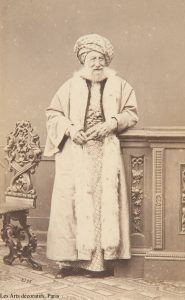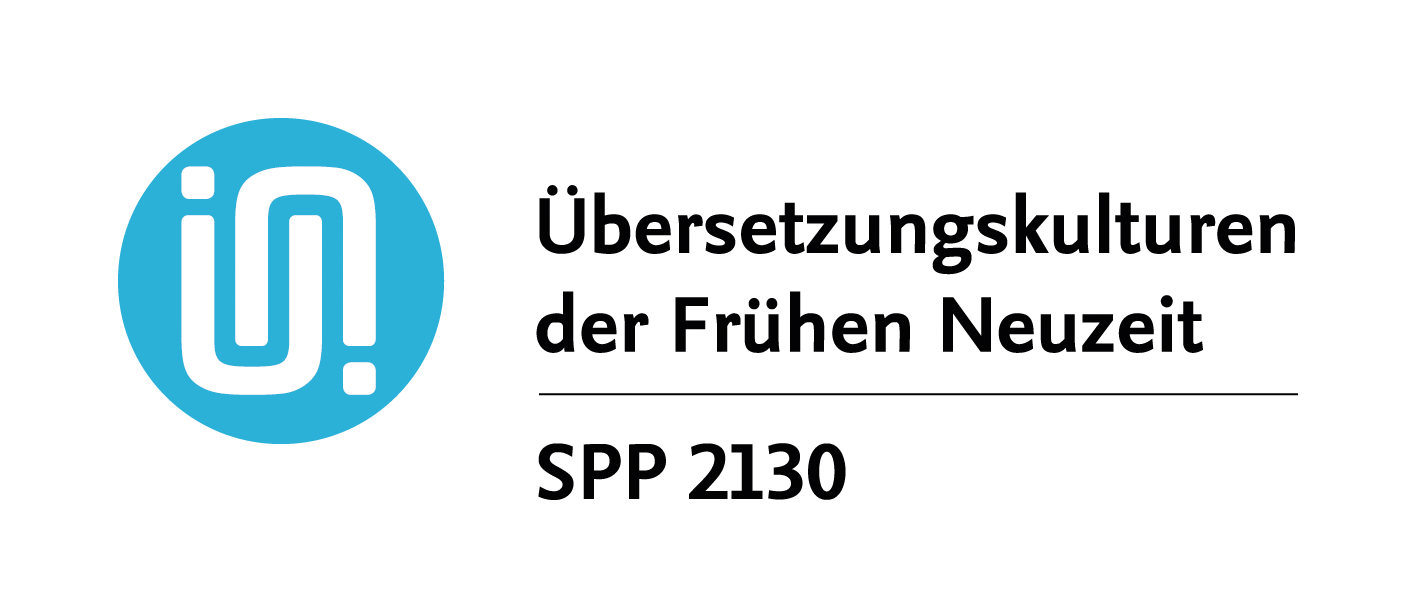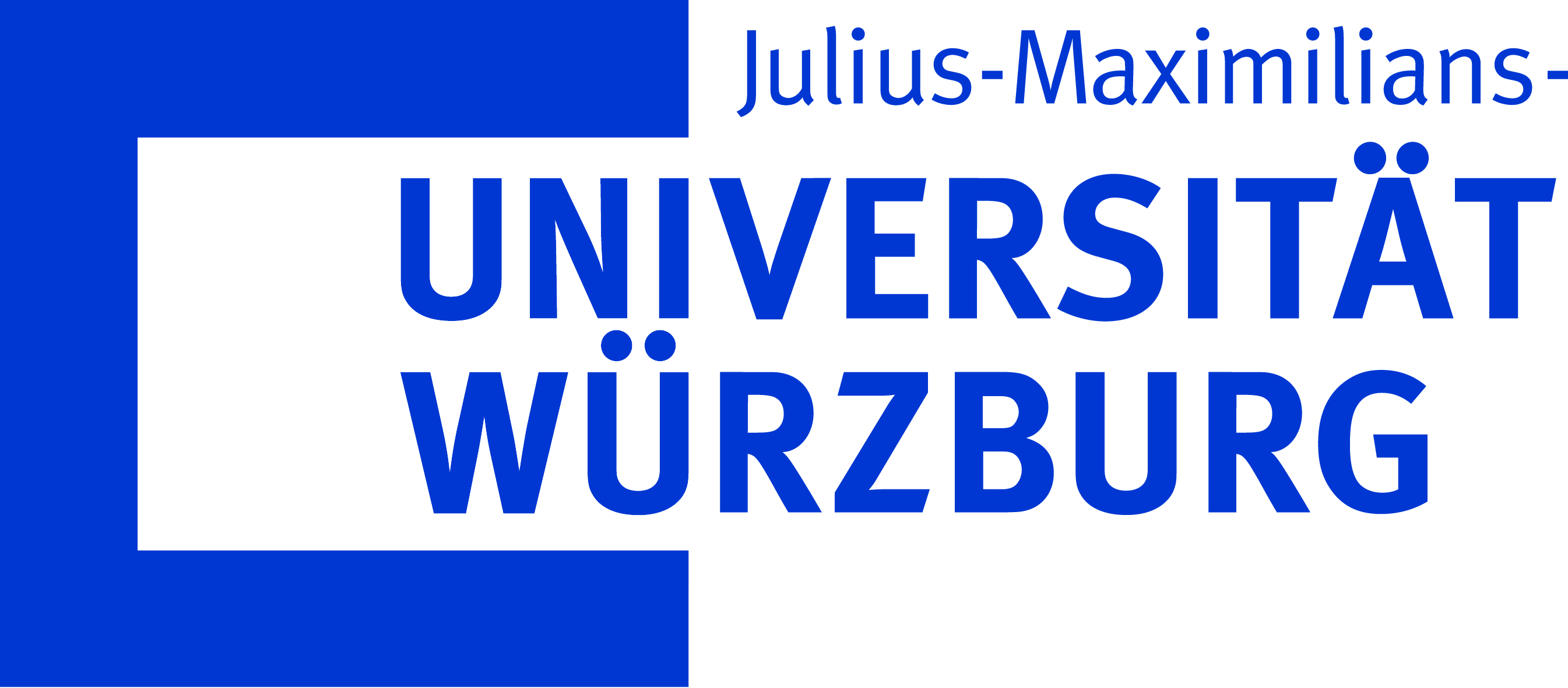Camondo Family II
Flows and Frictions
The Camondo Family as Cultural Translators between the Ottoman Empire and Europe in the Eighteenth Century

c. 1868 by Abdullah Frères, Pera, Constantinople
The project explores three generations of the prominent Camondo family, a Jewish merchant and banker family based in Istanbul, as cultural translators between the Ottoman Empire and Europe. After exploring the commercial, diplomatic, and communal networks, the study sheds light on the circumstances of the family’s exile from the Ottoman Empire in 1782 and their efforts to resume their trading activities in the Habsburg port city of Trieste. Based on their translation activities between different administrative systems and trade regulations, the project traces the networks of Camondos in the Ottoman Empire, France, the Netherlands, Habsburg, and the German-speaking territories. Through the exploration of these cultural and cross-category translations, it reveals how the family employed their trans-imperial and communal identities to safeguard their commercial and social standing. The study continues to follow the Camondos as they returned to Istanbul in the early 1800s, which involved a retranslation of knowledge and experiences acquired during their time in the Habsburg Empire. How the Camondo family maintained and even increased their political, social, and economic influence during the period of global upheaval reveal the micro-historical implications of the processes of modernisation and transformation in the late 18th and early 19th centuries. Finally, these diverse translation efforts allow the project to uncover the collaborative production of knowledge, shifting notions of belonging, and the translatability of universal concepts.
This research project conducted by Dr Irena Fliter was based at the Department of Medieval and Modern History at the University of Göttingen in the first funding phase and at the Herzog August Library in Wolfenbüttel in the second funding phase.
- Project website at the University of Göttingen
- Project presentation of phase I




